Does a Sauce Production Line Require a Lot of Maintenance?
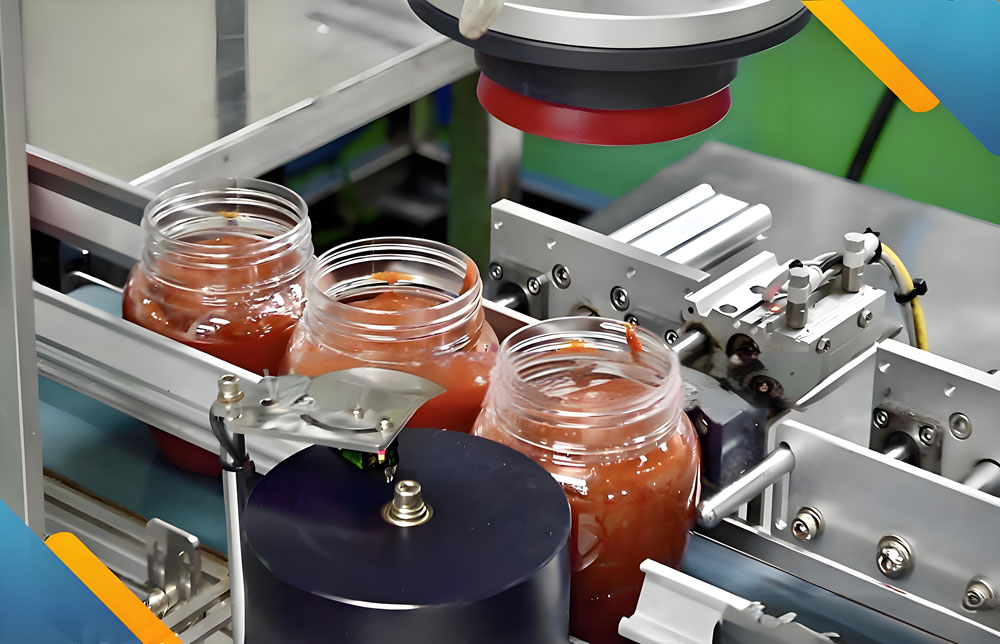
In the food processing industry, sauce production lines play a crucial role in enabling manufacturers to produce high-quality sauces efficiently and on a large scale. For businesses new to this equipment, one common concern is its maintenance requirements. Many ask, "Does a sauce production line require a lot of maintenance?" The answer largely depends on the line's design, the quality of the equipment, and daily operational practices. This article will explore the maintenance needs of sauce production lines, how to minimize maintenance frequency, extend equipment lifespan, and provide actionable tips for smooth operations.
Key Components and Maintenance Needs of a Sauce Production Line
1. Primary Components of a Sauce Production Line
A sauce production line typically comprises the following equipment:
- Raw Material Processing Equipment: Includes washing machines, cutters, and peelers to ensure raw materials are clean and ready for processing.
- Mixing Equipment: Used to combine ingredients uniformly, ensuring consistent sauce texture and flavor.
- Sterilization Equipment: High-temperature sterilizers ensure food safety by reducing microbial contamination risks.
- Filling Machines: Precisely fill the sauce into containers to avoid waste and contamination.
- Sealing and Packaging Machines: Ensure airtight sealing and proper packaging for transportation and storage.
2. Maintenance Focus for Each Component
Each component requires specific maintenance actions:
- Washing Machines: Regularly check pumps and pipelines for blockages, and clean accumulated debris.
- Mixing Equipment: Monitor wear and tear of stirring paddles and ensure no residue inside the machine.
- Sterilization Equipment: Regularly inspect heating elements and temperature control systems.
- Filling Machines: Pay attention to cleaning the filling nozzles to prevent blockages and cross-contamination.
- Sealing Machines: Check for worn-out sealing strips and ensure conveyor belts run smoothly.
Frequency of Maintenance for Sauce Production Lines
1. Daily Maintenance
Daily maintenance ensures smooth operations. Recommended tasks include:
- Checking power connections for all equipment.
- Cleaning the surface of machines to prevent dust and residue buildup.
- Lubricating all moving parts to reduce wear.
2. Periodic Maintenance
Periodic maintenance is essential for comprehensive checks and should be performed monthly or quarterly:
- Disassemble key components for deep cleaning, such as mixing blades or filling nozzles.
- Inspect for loose bolts or worn belts.
- Test automated systems to ensure sensors and control panels respond accurately.
3. Annual Overhaul
An annual overhaul involves more thorough inspections:
- Examine motors and transmission systems for potential faults.
- Replace aging seals or other consumable parts.
- Calibrate measurement systems to maintain accuracy.
How to Minimize Maintenance Requirements for Sauce Production Lines
1. Invest in High-Quality Equipment
Well-designed production lines made of durable materials, such as stainless steel, significantly reduce the likelihood of breakdowns. Stainless steel's corrosion resistance makes it ideal for sauce production environments.
2. Train Skilled Operators
Maintenance needs are closely linked to how the equipment is handled. Training staff on proper operating procedures reduces the risk of operator-induced malfunctions.
3. Implement Automation
Automated production lines often include monitoring and alarm systems that detect and report anomalies, reducing unnecessary downtime and simplifying maintenance.
Consequences of Poor Maintenance
Ignoring maintenance can lead to several problems:
- Shortened Equipment Lifespan: Failure to address wear and tear can accelerate equipment aging.
- Reduced Production Efficiency: Frequent breakdowns disrupt production schedules.
- Food Safety Risks: Residue buildup can harbor bacteria, compromising product quality.
- Higher Repair Costs: Small issues left unresolved can escalate into major faults, significantly increasing repair expenses.
Maintenance Tips and Practical Suggestions
1. Develop a Maintenance Plan
Establish a structured maintenance schedule, including daily inspections, monthly checks, and annual overhauls, to ensure every aspect of the production line receives attention.
2. Keep Maintenance Records
A log of maintenance activities helps track equipment conditions and identify recurring issues for targeted solutions.
3. Use Food-Grade Lubricants
Always choose lubricants that comply with food safety standards to prevent product contamination.
4. Embrace Technological Upgrades
As technology advances, upgrading control systems or integrating new technologies into your production line can improve efficiency and reduce maintenance demands.
Conclusion: Maintenance Is Manageable
While maintaining a sauce production line involves multiple steps, it is far from overwhelming. By investing in high-quality equipment, creating a structured maintenance plan, and training your staff effectively, you can significantly reduce the maintenance burden. Regular maintenance not only ensures smooth operations but also extends the equipment's lifespan, guarantees product quality, and boosts overall production efficiency.
Treat equipment maintenance as a long-term investment, and with the right management and technical support, your sauce production line will consistently deliver exceptional performance.
Must-Read Blogs For Chain Restaurants Owner

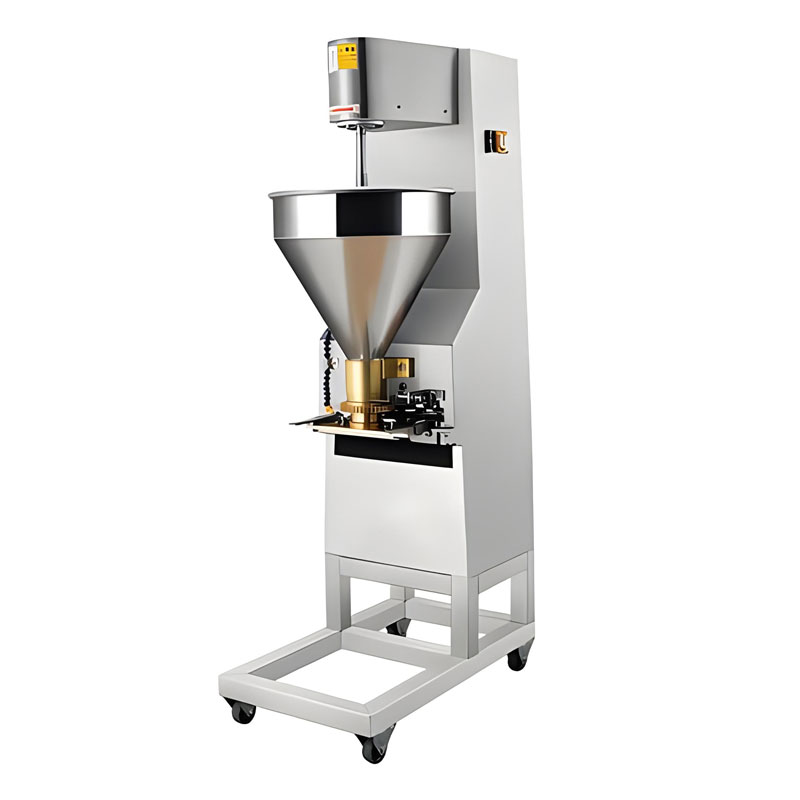
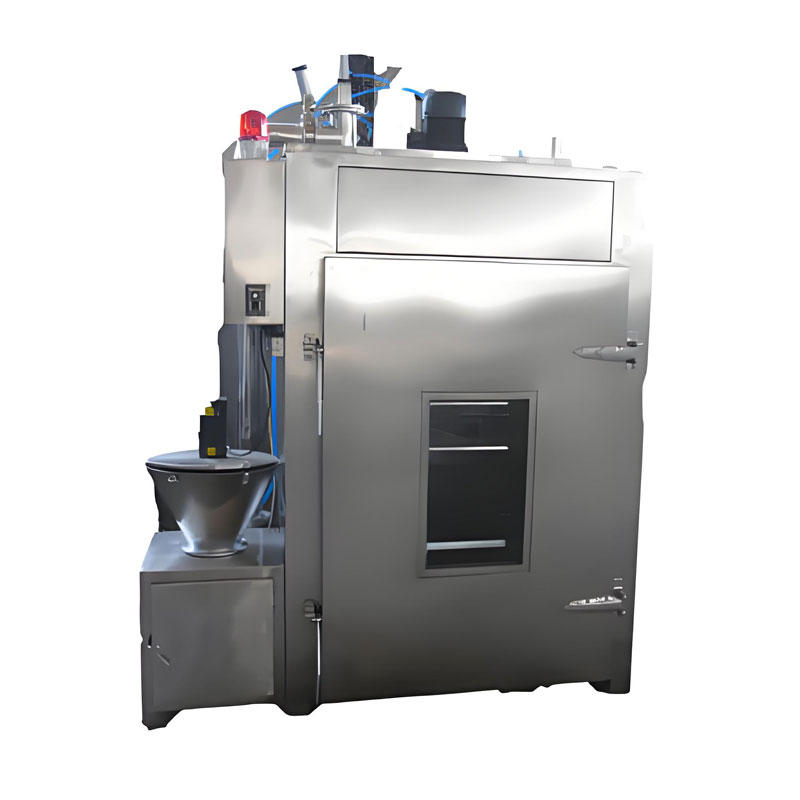
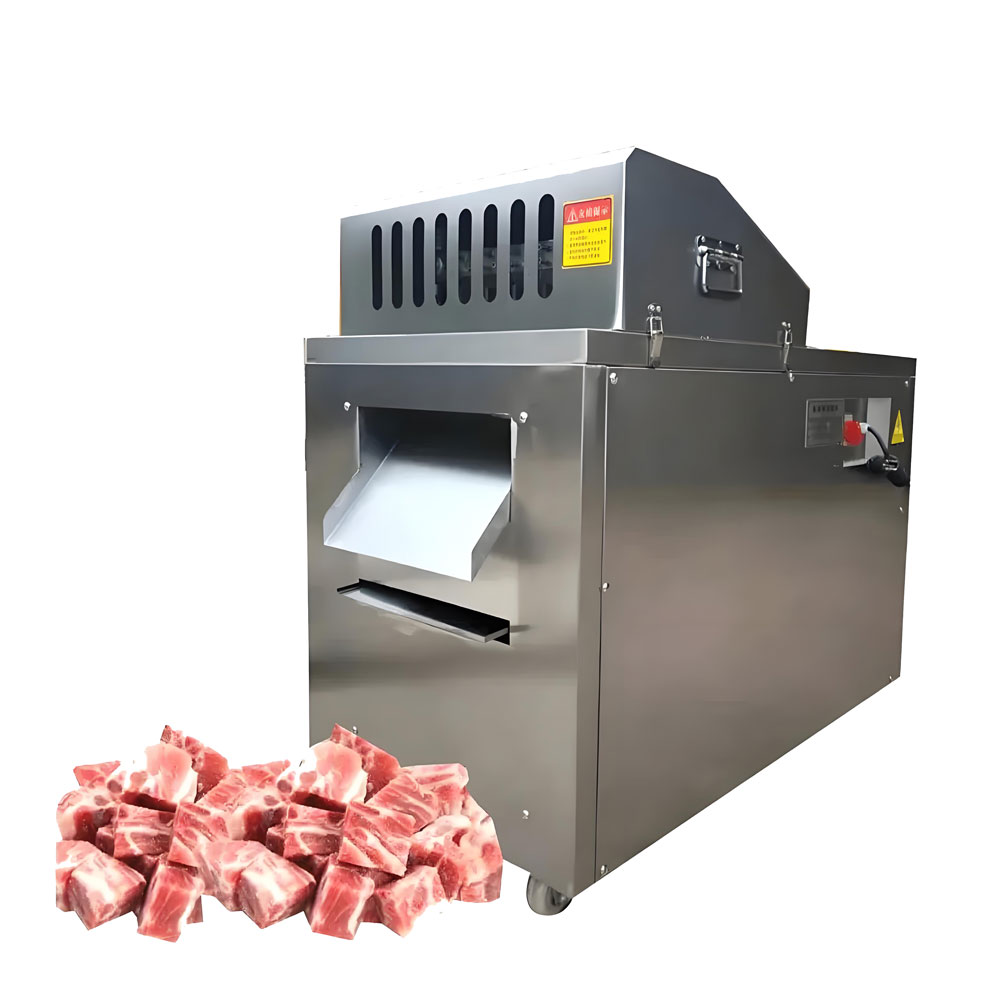
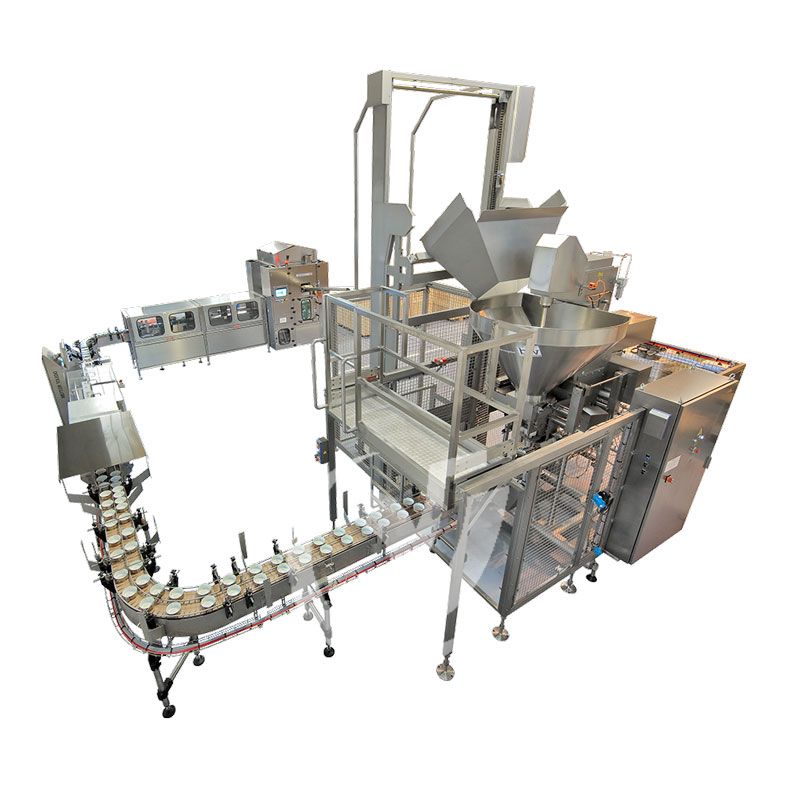

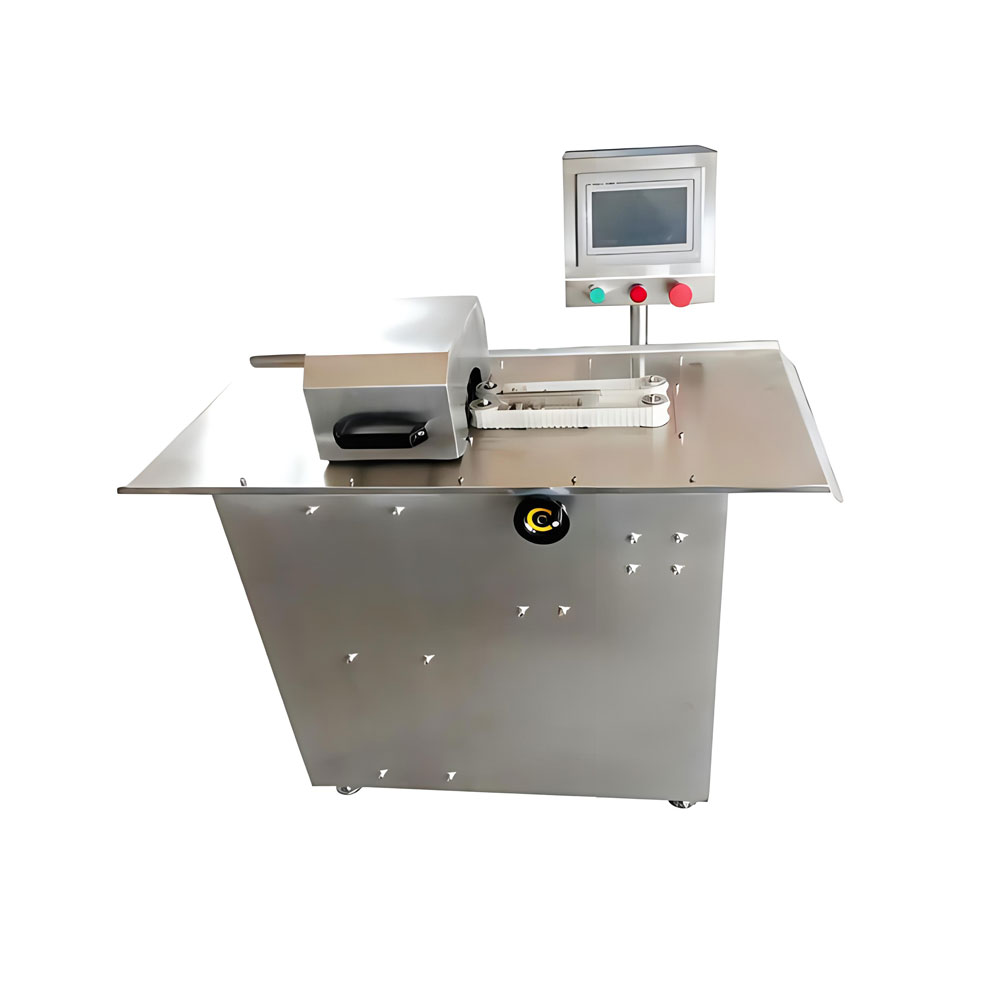
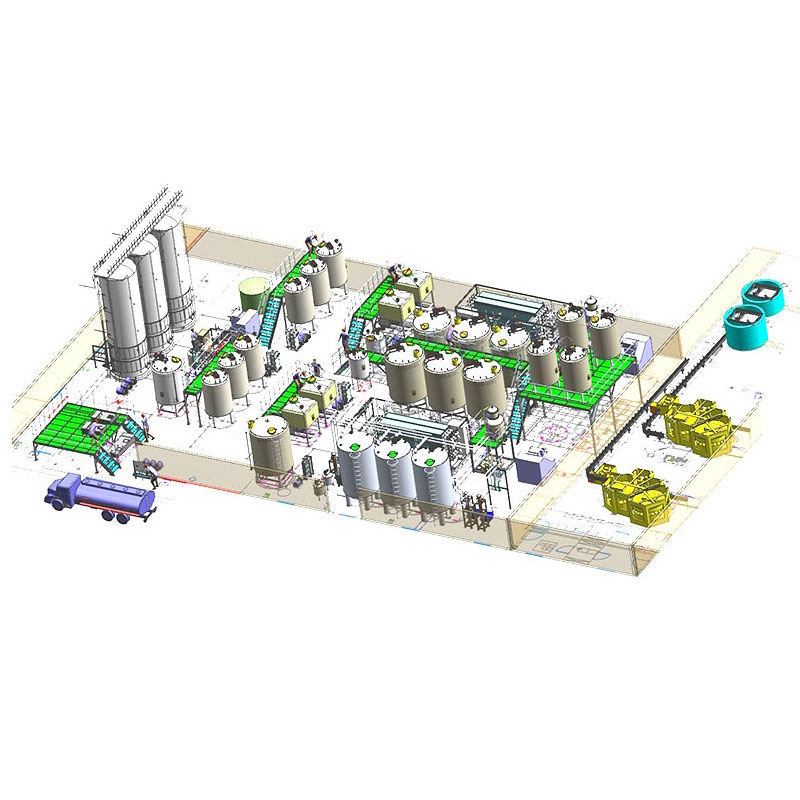
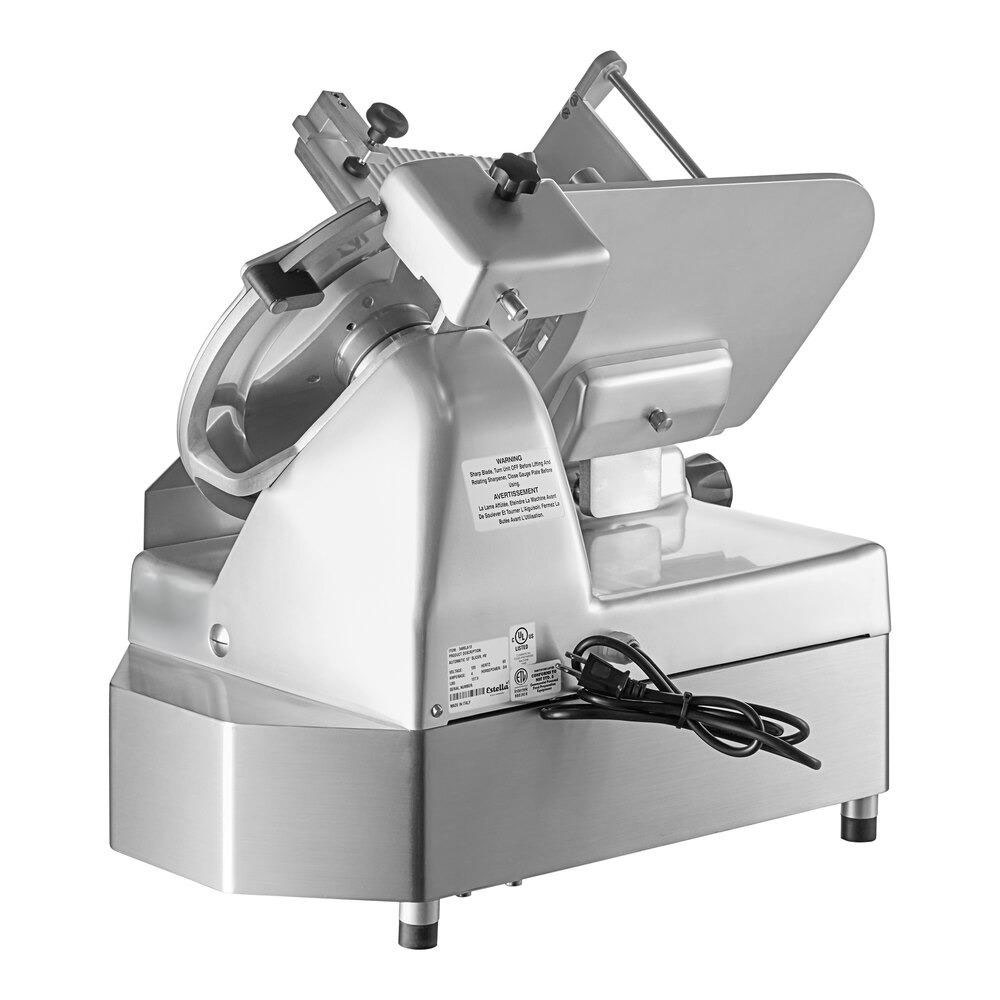
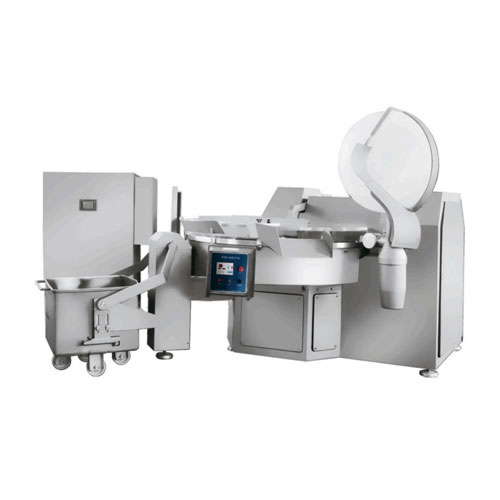
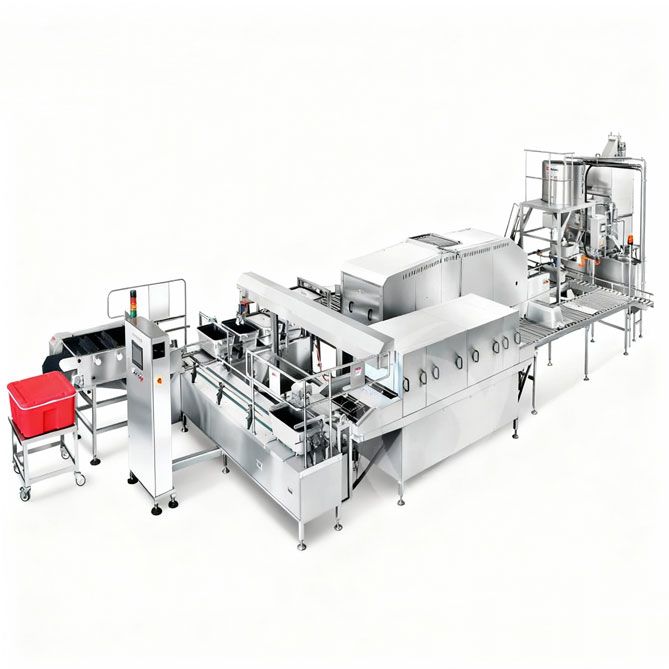
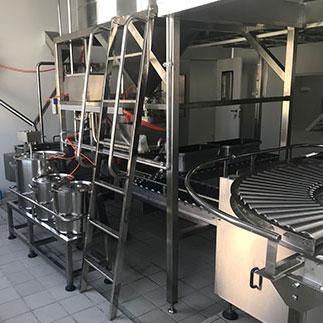 Cold Chain Rice Production Line
Cold Chain Rice Production Line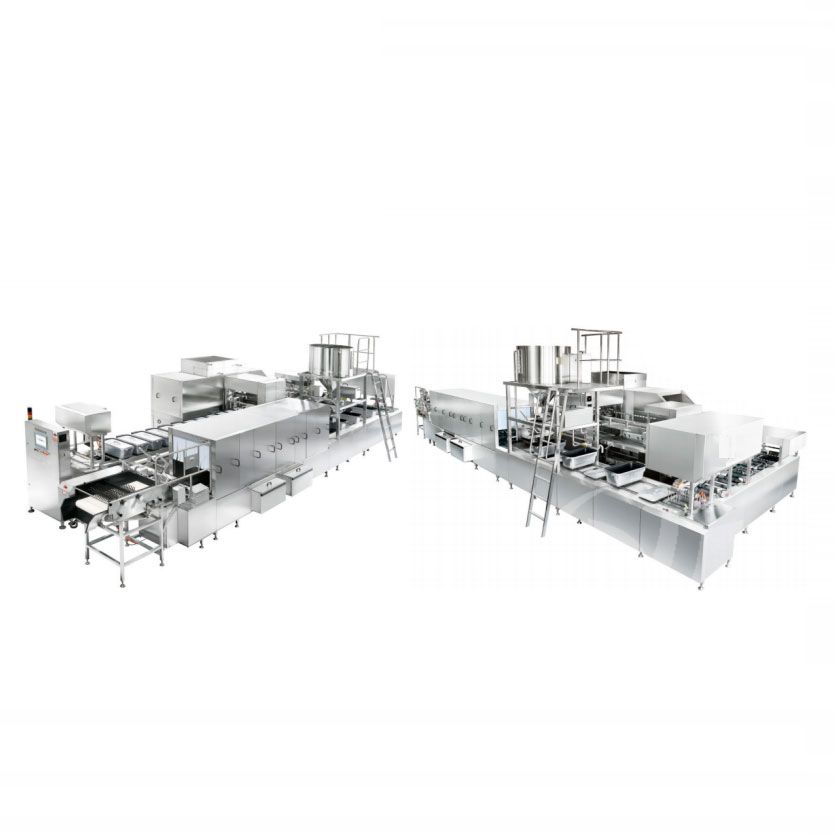 Unmanned Intelligent Rice Production Line
Unmanned Intelligent Rice Production Line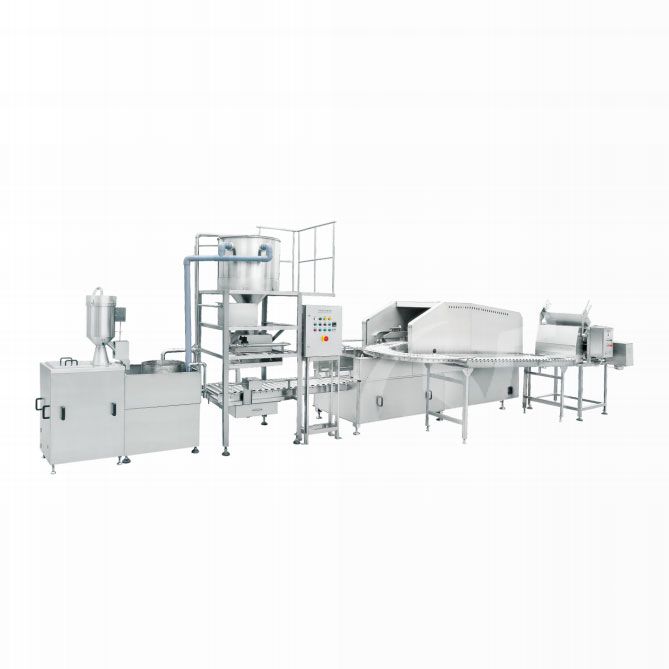 Automatic Rice Production Line
Automatic Rice Production Line
Ready to Get Started?